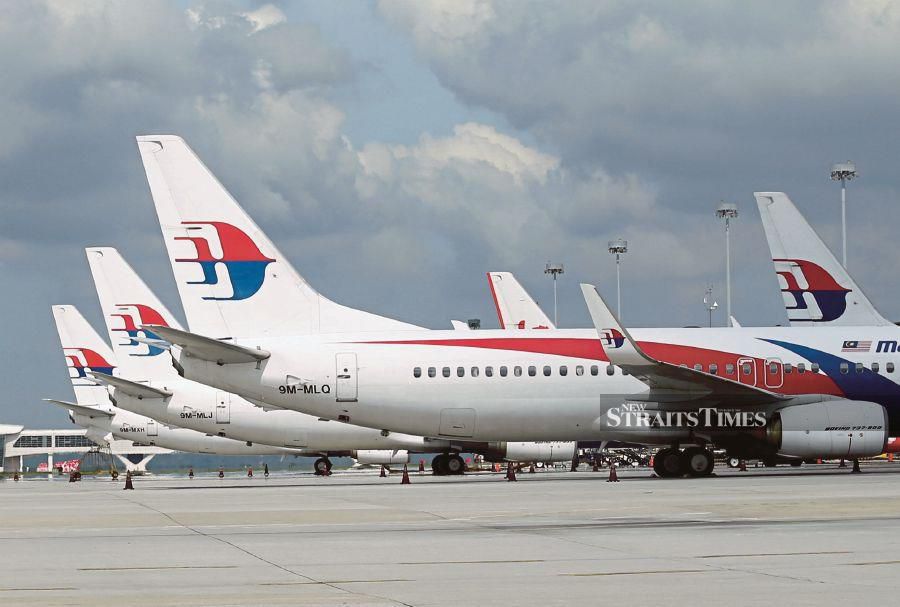Depressed demand, travel restrictions remain key challenges through 2021: Fitch

By Ayisy Yusof
December 11, 2020 @ 10:00am
KUALA LUMPUR: The global airline sector's operating conditions are likely to improve in 2021, but only relative to the unprecedented downturn in 2020, said Fitch Ratings.
The ratings agency said spiking coronavirus cases in various regions and inconsistent travel restrictions would keep airline traffic low at least through the first part of 2021, with limited improvement expected relative to levels in the third quarter and fourth quarter of 2020.
Senior director Joe Rohlena said airline ratings remained under severe pressure from the coronavirus downturn.
"But positive news about vaccines reduces the risk that our downside scenarios could play out, but depressed demand and travel restrictions will continue to present major challenges through 2021," he said in Fitch's "2021 Outlook: Global Airlines" report yesterday.
He said the Covid-19 downturn had driven rating downgrades for nearly all issuers, leaving few investment-grade airlines.
"We expect credit metrics for nearly all carriers to remain weak for their ratings at least through 2021 due to the slow rebound in demand. Fitch's ratings will incorporate our expectations for airlines' ability to return to rating-supportive metrics beyond 2022."
Rohlena said recent positive news about vaccine development along with pent-up leisure demand might drive a more robust rebound in the second-half of 2021.
Fitch expects business demand to lag, with a more robust recovery unlikely before 2022.
"We do not anticipate full-year traffic returning to 2019 levels until 2024," he cautioned.
Fitch's ratings outlook remain negative for airlines as traffic remains severely depressed, with more airline bankruptcies in 2021 particularly among smaller and less well-capitalised airlines.
"Modestly higher traffic and cost-cutting efforts will help stem cash burn compared with 2020. However, the combination of higher debt and prolonged weakness in operating profits will drive weak credit metrics for the sector at least over the next 18-24 months," he said.
Rohlena said certain domestic and leisure-focused carriers would likely to fare better than large network carriers.
He said airlines should watch developments around effective coronavirus vaccines and vaccine distribution, the evolution of regional travel restrictions and quarantine requirements, and government support for airlines as well as changing competitive landscapes driven by airline bankruptcies and shifting focus toward leisure markets.
Meanwhile, he said a spike in jet fuel prices, potentially caused by a sudden resurgence in oil demand coupled with slow investment by upstream producers, could raise costs for airlines and disrupt a nascent recovery.
On the recovery across Southeast Asia, Fitch Ratings said the pace vary depending on the coronavirus cases.
Airlines with full reliance on international routes particularly should severely hit due weaker international traffic volume.
